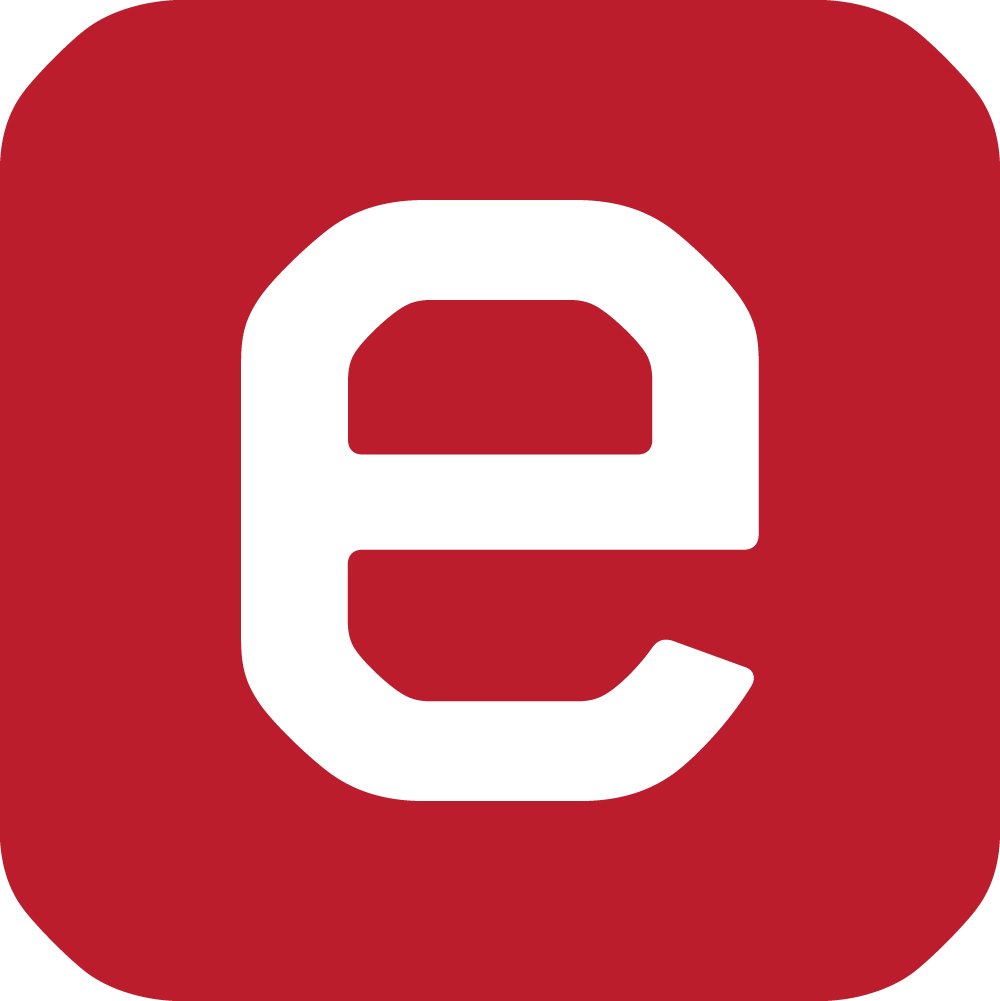Challenges and solutions in the postal industry in the age of digitisation: Get your free e-book

Digital disruption: It has built new business empires and destroyed old industries. With emerging technologies and business models, even the biggest, most established enterprises are trying their best to modernise to keep up with the times. Take the postal industry for example. To survive, it has to adapt. And to adapt, it needs to embrace digital transformation.


is not dead, but it’s important to see it in the context of the 21st century.
Contemporary postal services that lag in embracing modernisation are witnessing a decline in profitability. A case in point is the United States Postal Service (USPS), an entity older than the nation it serves, which reported substantial quarterly financial losses amounting to $1.7 billion in 2023. This financial downturn is not merely a consequence of stamp pricing but also results from logistical, political challenges, and escalating competition, adversely affecting revenue generation. Moreover, a study by Forbes in 2019 highlighted annual losses nearing $3 billion, underscoring the inefficiency of traditional postal methods. Further exacerbating this issue is the significant increase in mailing costs, as evidenced by DHL’s 2023 report indicating a more than 57% price surge since 2018.
The traditional postal process, characterised by its reliance on a multitude of personnel for handling a single letter, is increasingly becoming obsolete, especially in light of the pandemic-induced shift towards minimising physical interactions. The adoption of digital solutions promises substantial reductions in labor requirements, presenting a pathway towards operational efficiency.
The conventional postal model is inherently resource-intensive, misappropriating valuable commodities such as paper, gasoline, and time. In the context of acute environmental concerns, including deforestation and fossil fuel consumption, the industry’s traditional practices are increasingly untenable. Moreover, the allocation of time, a finite resource, could be optimised towards fostering industry advancement.
The emergence of remote work, coworking spaces, and 'workations' has rendered the concept of permanent addresses less relevant, thereby challenging the efficacy of traditional postal services. In an era where mobility is paramount, the accumulation of mail at static locations becomes impractical.
The necessity for digitisation in the postal sector is undeniable, paralleled by the impracticality of traditional mail in the face of digital communication alternatives. Despite the continued relevance of mail for specific segments of the population and for direct marketing efforts, the overarching trend necessitates a pivot towards digital platforms and partnerships that facilitate the modernisation process.
The postal sector has not remained static but has endeavored to integrate digital innovations to enhance efficiency and service delivery. Examples of such efforts include:
Australia Post’s eLetter Hybrid Mail Service (2002): A collaboration with PrintSoft to enable electronic submission of postal documents, subsequently printed and processed for delivery.
Deutsche Post’s E-Postbrief (2010): A secure, email-like platform for German residents, offering a blend of electronic and physical mail options.
Sweden Post’s e-Letter and Itella’s Antilla Living Lab Trial: Initiatives aimed at integrating digital processes with traditional mailing methods to address the needs of rural and remote communities.
USPS’ Augmented Reality Technology and Federal Cloud Credential Exchange (2014): Innovations aimed at enhancing user engagement and streamlining access to government benefits.
Denmark’s Digital Post (2013-2020): A mandate for digital communication between public authorities and citizens, exemplifying a nation-wide commitment to digital transformation.
In conclusion, the transition towards a more digital and sustainable postal service industry is not merely a necessity but an opportunity for innovation and enhanced service delivery. e-Boks emerges as a pivotal tool in this modernisation process, offering a secure, efficient, and environmentally friendly alternative to traditional postal methods. By providing users with a digital mailbox, e-Boks facilitates the secure exchange of documents and communications, ensuring privacy and integrity through strong encryption and verified sender identities. This system not only reduces the need for physical mail, thereby conserving resources and reducing environmental impact, but also addresses the modern lifestyle's demands for mobility and flexibility.
Moreover, e-Boks exemplifies how digital solutions can streamline operations, significantly reducing labor costs associated with traditional mail handling. Its capability to offer archival services further enhances its value proposition, providing users with easy access to their documents while ensuring long-term security and accessibility.
Incorporating e-Boks and similar digital platforms into the postal industry's framework can accelerate the shift towards digitalisation, offering a roadmap for other postal services worldwide to follow. This transition not only aligns with global trends towards digital communication and environmental responsibility but also opens new avenues for revenue generation, customer engagement, and operational efficiency. As such, e-Boks stands as a testament to the potential of digital innovation in redefining the postal industry, making it more relevant, resilient, and responsive to the needs of the 21st-century consumer. The time for the postal service industry to embrace such digital transformations is not just imminent—it is now.